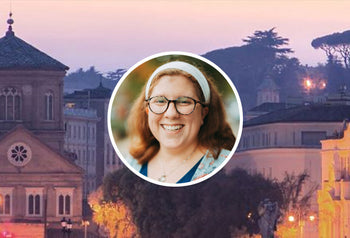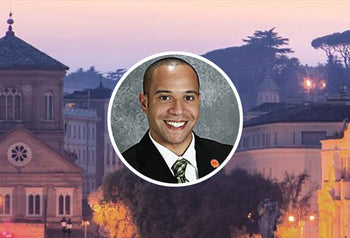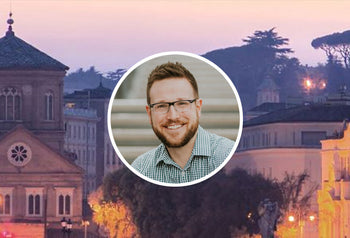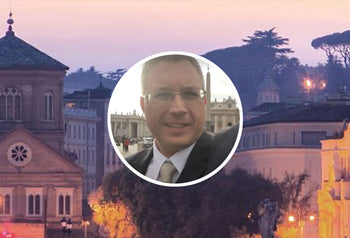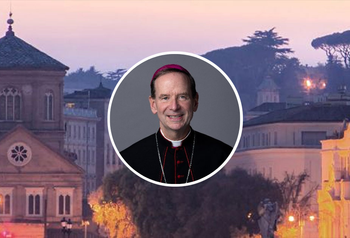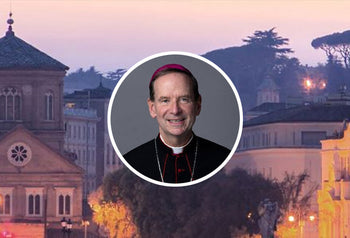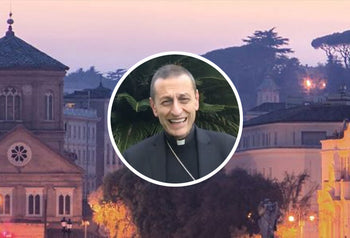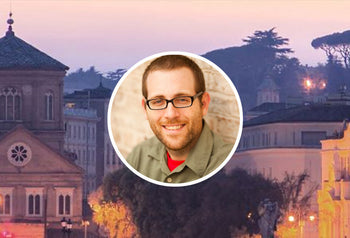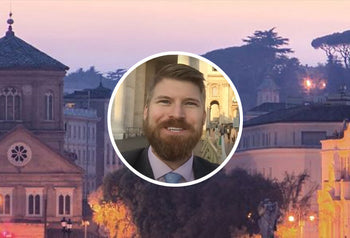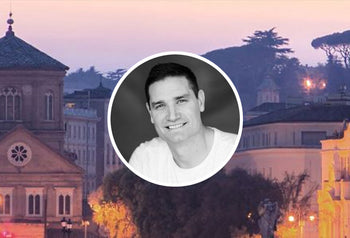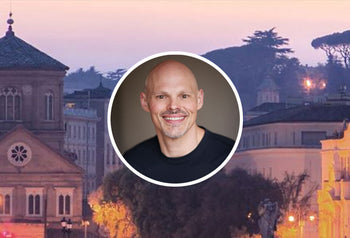
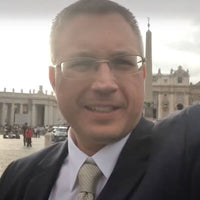
A Final Look at the Synod on Young People
Featuring Paul Jarzembowski
The Synod on Young People, the Faith, and Vocational Discernment ended in October with a final document that focused on a variety of key themes, ultimately encouraging the intentional commitment to accompanying young people as they grow in faith and encounter Jesus. In January, the document was translated into English, giving us access to an even deeper understanding of the goal and vision of the synod, the mind of Pope Francis, and the mission for ministry to youth and young adults going forward.
Over the next few days, Ave Explores contributors will examine quotes from the synod’s final document, highlighting significant themes and explaining the ministerial focus to which this document calls us. You can read the full document here.
Key Themes from the Final Document
Synod on Young People, the Faith, and Vocational Discernment
by Paul Jarzembowski
At the conclusion of the Synod on Young People, the Faith, and Vocational Discernment, the delegates released a final document outlining the discussion and recommendations for the Church to implement at every level.
At the U.S. Bishops General Assembly immediately following the synod, Most Rev. Frank Caggiano, bishop of of Bridgeport and one of the synod fathers, offered seven key insights on a path forward for the United States. He challenged the Church at all levels—from the parish community to the national landscape to:
- Be open: Protect the vulnerable and examine the Church’s structures at every level.
- Encounter: Seek out and advocate for young people, especially those on the peripheries.
- Listen: Hear young people’s stories and, in a spirit of synodality, engage in dialogue.
- Accompany: Journey with young people and identify and form mentors.
- Make space: Raise up young leaders (“protagonists”) within Church and society.
- Expand: Broaden our understanding of vocations in light of the universal call to holiness.
- Renew and invest: Grow the Church’s pastoral ministries with youth and young adults.
This synod was not done in a vacuum. The crises surrounding the Church, from polarization to disaffiliation to abuse scandals, have impacted the process. A positive response to those crises has been a revitalization of the Church’s commitment to reform and a healthy engagement of youth and young adults. From the parish to the national level, the “synod fathers insist on the need to rethink the concrete ways in which the ministry is exercised,” noting that Christ, “who never abandons his Church, offers her the strength and the tools to set out on a new path.” (17, 31)
These seven points reflect the scriptural image that has guided the synod process: the journey of the disciples to Emmaus (Lk 24:13-35). It is “a paradigmatic text for understanding the Church’s mission to younger generations . . . what we would like every one of our particular churches to be able to experience in relation to the young.” (4)
Being open to the Holy Spirit, setting off on the journey like the disciples, especially in light of the crisis, is the first step. The entire exercise of the synod was an experience of risk, but one that bore great fruit thanks to the collaboration of young people at every step along the way. It is key that a positive spirit of coresponsibility between young and old, clergy and laity, and men and women continue as the Church faces her current challenges and seeks to truly engage youth and young adults.
The synod challenged the Church to think both locally and globally—to renew and invest in ministry with young people and reexamine the culture of vocations in one’s parish or diocese, but also to create systems, form leaders, and develop resources on a national or international level. It challenged the Church to not only listen to the stories of the youth and young adults in their midst, but to seek out those on the margins and learn of their struggles and concerns. The synod asked older generations to be open to learning from young people and to discover things anew through this engagement.
And while the synod encouraged Church leaders to step into dialogue and mentorship, it also challenged lay and ordained ministers to make space for youth and young adults to become the “protagonists” of the life of the Church right now. Pope Francis echoed this in his closing Mass homily at World Youth Day 2019 in Panama, saying, “You, dear young people, are not the future. We like to say, ‘you are the future.’ No, you are the present. You are not the future of God. You, young people, are the now of God!”
Perhaps the biggest challenge the synod laid at our feet was asking us to take risks and open ourselves to let young people lead now and into the future. Throughout the synod process, we surrendered to the Holy Spirit. It wasn’t and won’t always be easy; but if we are going to be a truly synodal community, listening and learning from one another as fellow missionary disciples (regardless of our age, experience, culture, or position), such surrender will be necessary. Then God, who loves to surprise us just as he surprised the disciples on the road to Emmaus, can show us more clearly the road ahead of us.
Download this article as a PDF here.
About the Author
Paul Jarzembowski is assistant director for youth and young adult ministry at the United States Conference of Catholic Bishops. He attended the synod with the USCCB’s bishop delegates.
Related Books & Resources
Explore Series

Join Ave Explores, It’s Free
Sign up for Ave Explores to explore everyday faith for everyday Catholics with articles, videos, podcasts, social media exclusives, surprising facts, and more. Enter your email address below to become a part of this exclusive community.
Revise text to read: Don't forget to follow Ave Maria Press and hashtag #AveExplores for all the extra content.






